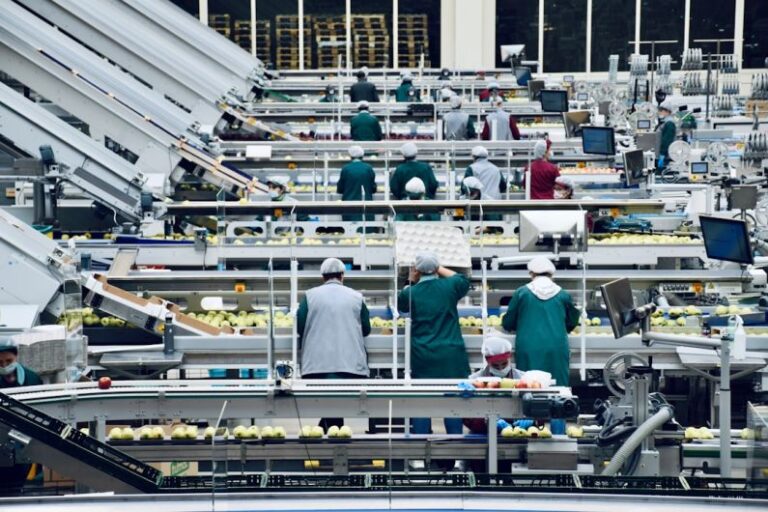The Future of Jobs in the Logistics and Supply Chain Sector
The logistics and supply chain sector is undergoing a significant transformation driven by technological advancements, changing consumer behavior, and global economic shifts. As the industry adapts to these changes, the future of jobs in this sector is also evolving rapidly. From automation to digitalization, the logistics and supply chain industry is experiencing a revolution that will redefine the roles and skills required for success in the coming years.
Automation: The Rise of Robotics and AI in Logistics
One of the most significant trends shaping the future of jobs in the logistics and supply chain sector is the increasing use of automation technologies such as robotics and artificial intelligence (AI). Automation is streamlining operations, increasing efficiency, and reducing costs for companies in the industry. As a result, the demand for workers with skills in robotics programming, AI development, and process optimization is on the rise.
With the integration of automated systems in warehouses, distribution centers, and transportation networks, traditional manual labor roles are being replaced by jobs that require expertise in managing and maintaining these technologies. Workers who can adapt to this shift towards automation and acquire the necessary technical skills will be in high demand in the future job market.
Digitalization: The Impact of Data and Analytics
Another key driver of change in the logistics and supply chain sector is the growing importance of data and analytics. With the rise of e-commerce and the increasing complexity of global supply chains, companies are turning to data-driven insights to optimize their operations and improve decision-making. This shift towards digitalization is creating new job opportunities in areas such as data analysis, predictive modeling, and supply chain optimization.
Professionals who can leverage data and analytics to drive strategic initiatives and enhance operational efficiency will be essential for companies looking to stay competitive in the evolving logistics landscape. As a result, roles such as data scientists, supply chain analysts, and operations managers with strong analytical skills will be in high demand in the future job market.
Sustainability: The Emphasis on Green Logistics
In addition to automation and digitalization, sustainability is becoming a critical focus for companies in the logistics and supply chain sector. With growing concerns about climate change and environmental impact, businesses are increasingly looking for ways to reduce their carbon footprint and operate in a more sustainable manner. This shift towards green logistics is creating new job opportunities in areas such as supply chain sustainability, renewable energy management, and eco-friendly transportation solutions.
Professionals who can help companies develop and implement sustainable practices within their supply chains will be highly sought after in the future job market. From sourcing environmentally-friendly materials to optimizing transportation routes to minimize carbon emissions, there is a growing need for individuals with expertise in sustainable logistics practices.
Skills Development: Navigating the Future Job Market
As the logistics and supply chain sector continues to evolve, professionals will need to adapt and upskill to meet the changing demands of the industry. In addition to technical skills in areas such as automation, data analytics, and sustainability, soft skills such as problem-solving, communication, and adaptability will also be crucial for success in the future job market.
Companies are looking for employees who can think critically, collaborate effectively, and innovate in response to the challenges and opportunities presented by the evolving logistics landscape. As a result, individuals who can demonstrate a combination of technical expertise and soft skills will be well-positioned to thrive in the future job market.
Conclusion: Navigating the Future of Jobs in Logistics and Supply Chain
In conclusion, the future of jobs in the logistics and supply chain sector is being shaped by automation, digitalization, sustainability, and the need for continuous skills development. As companies embrace new technologies, harness the power of data, and prioritize sustainability in their operations, the job market in the industry is evolving to reflect these changes.
Professionals who can adapt to this shifting landscape, acquire the necessary skills, and demonstrate a commitment to innovation and sustainability will be well-equipped to succeed in the future job market. By staying informed about industry trends, investing in ongoing learning and development, and cultivating a diverse set of skills, individuals can position themselves for a rewarding and fulfilling career in the dynamic world of logistics and supply chain management.






